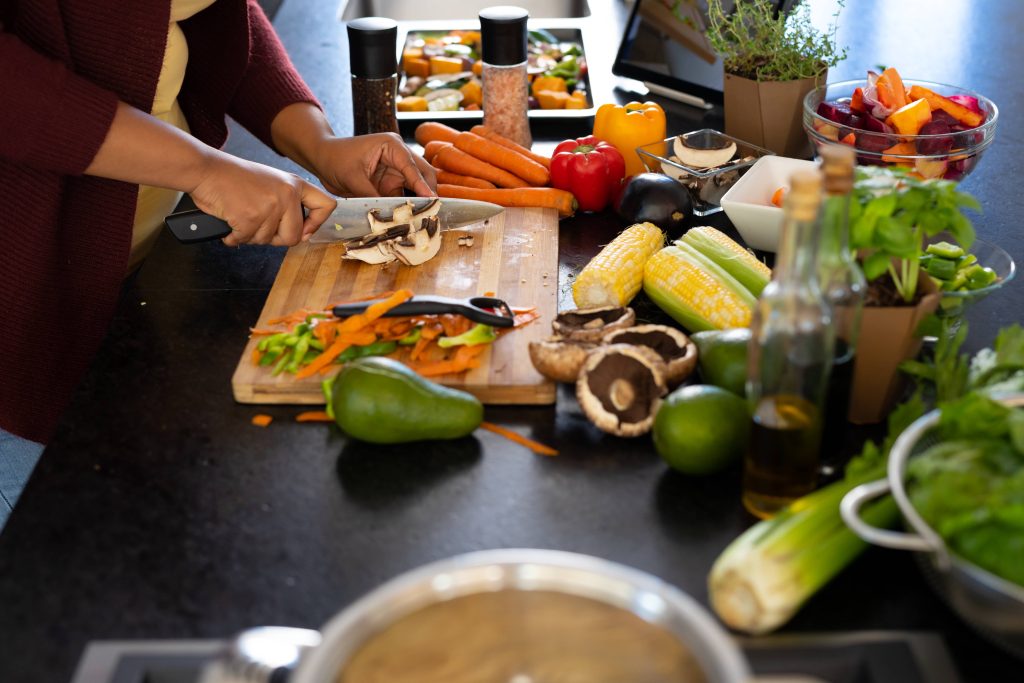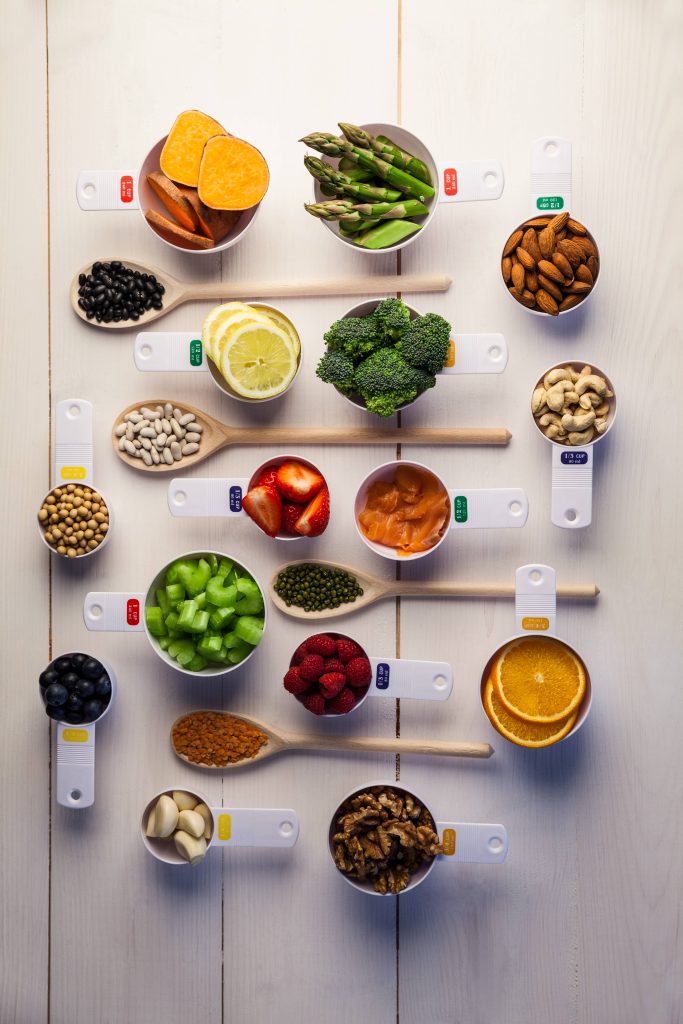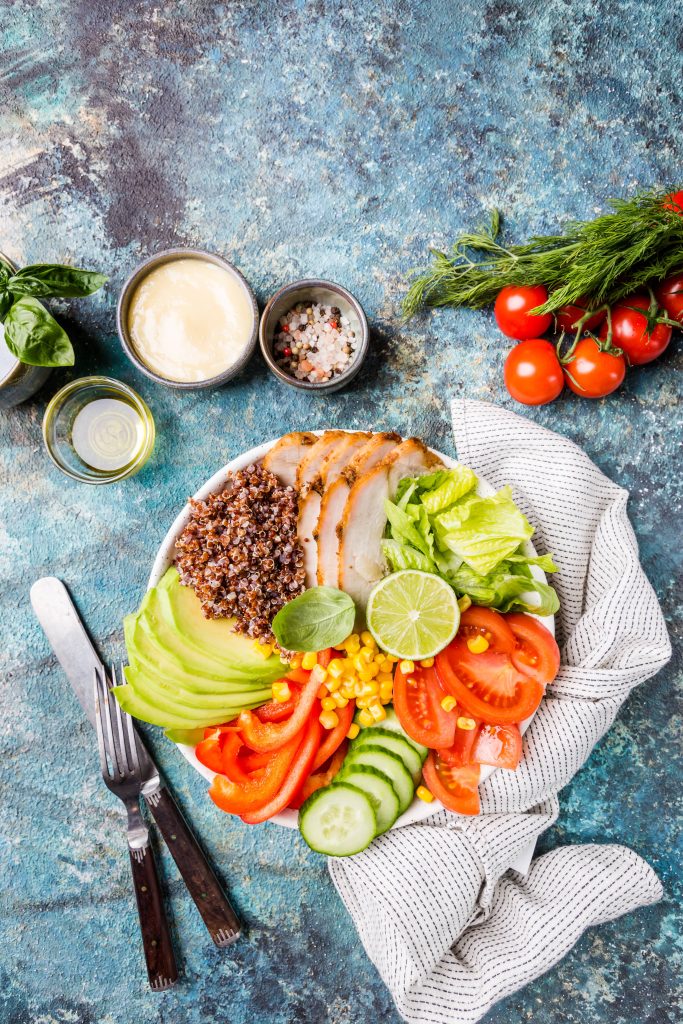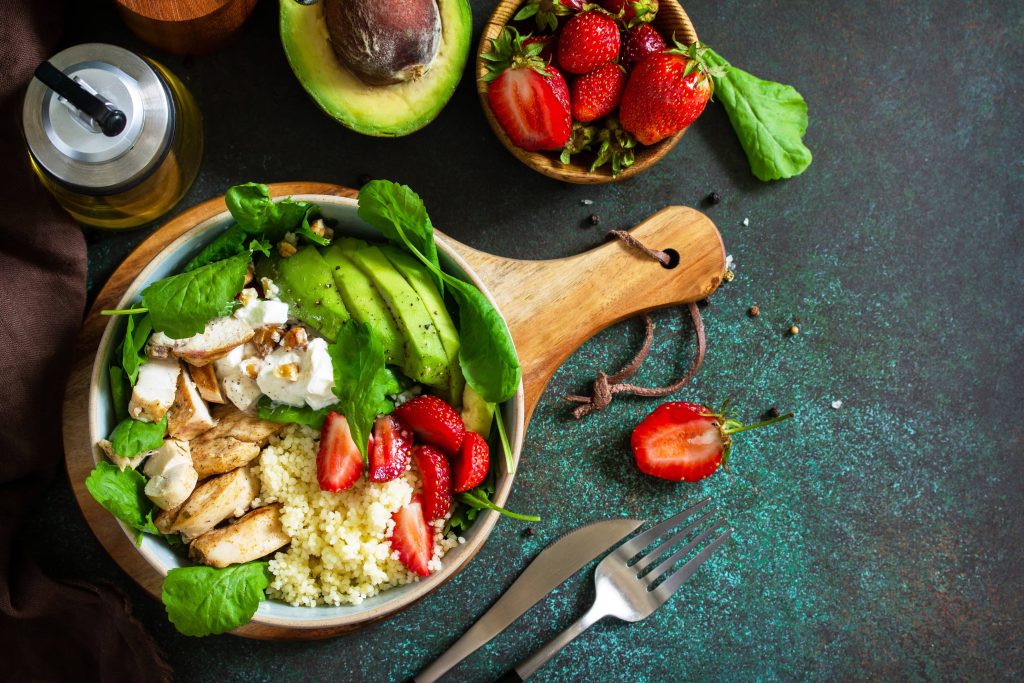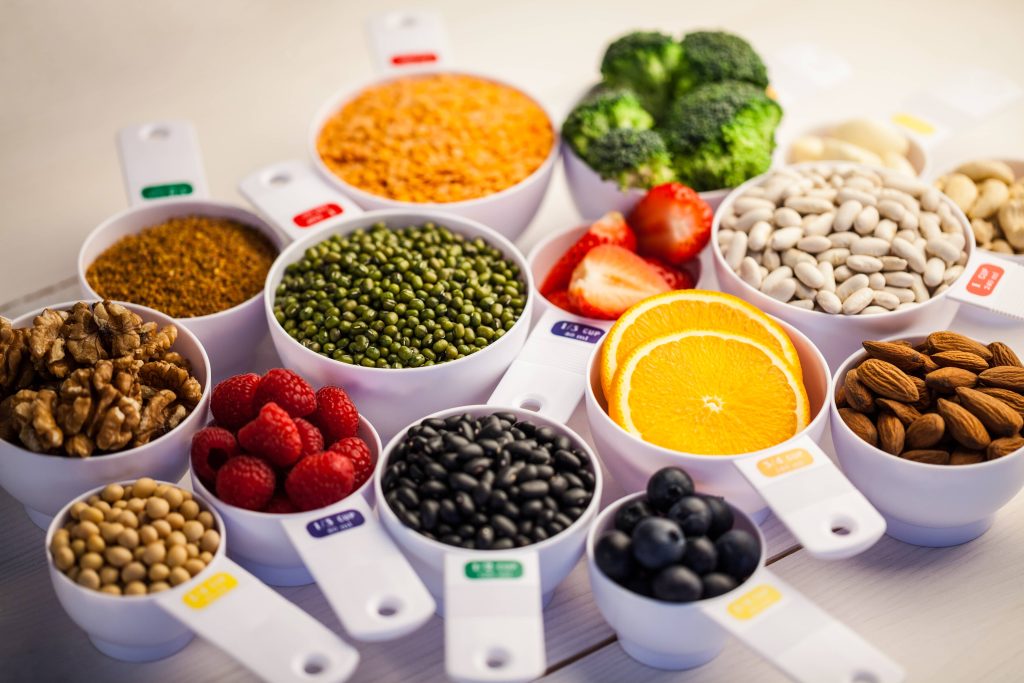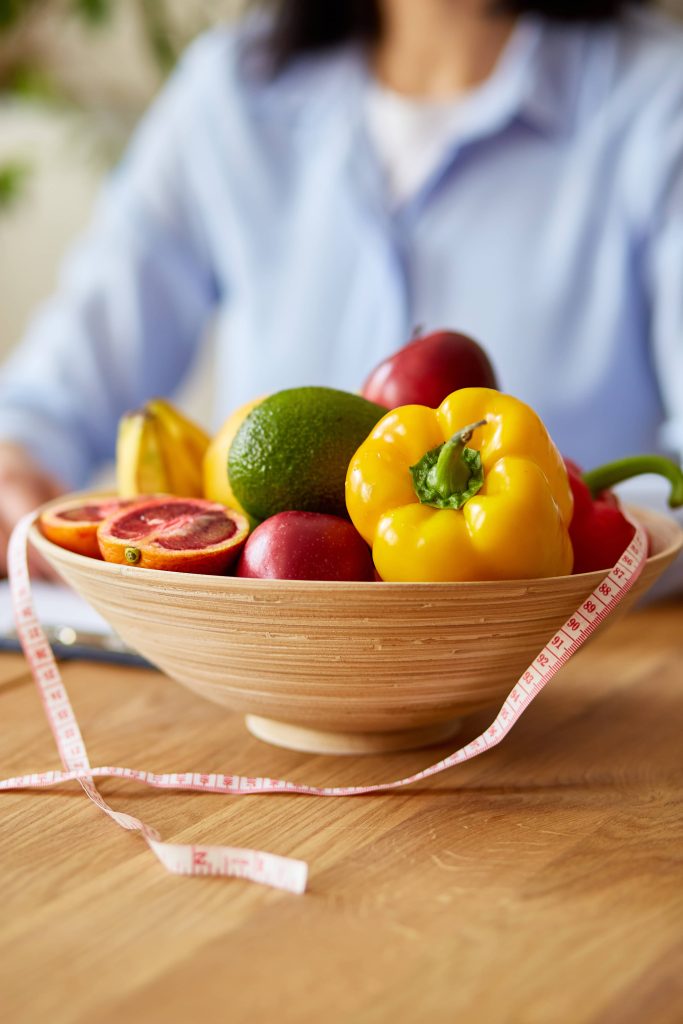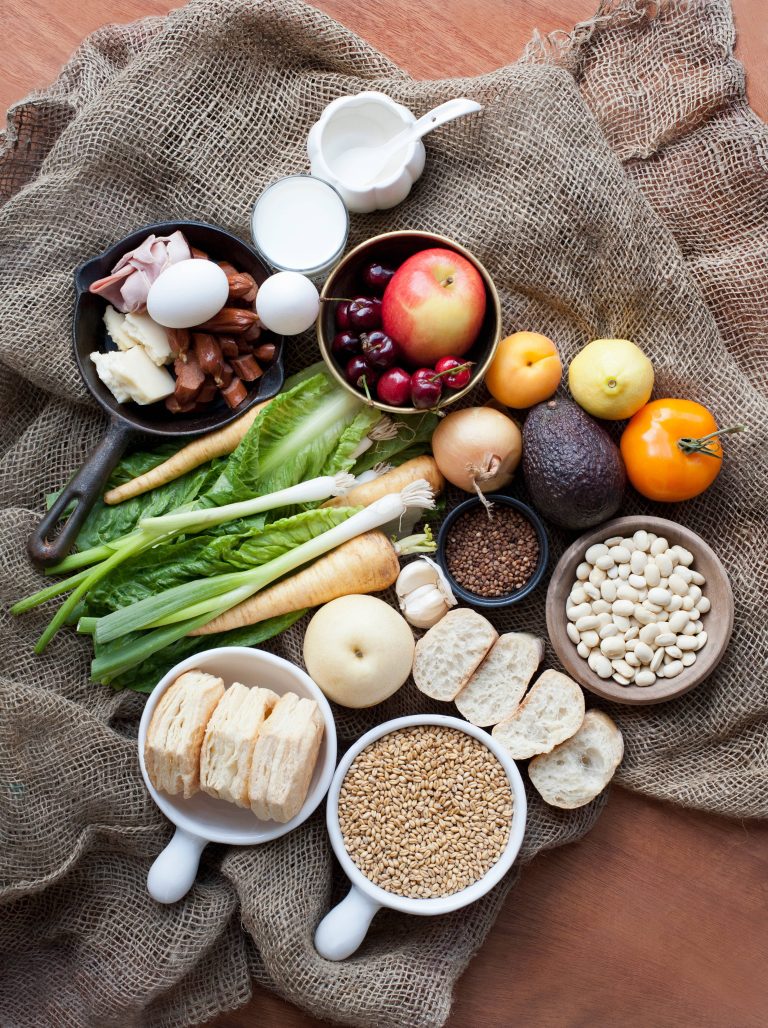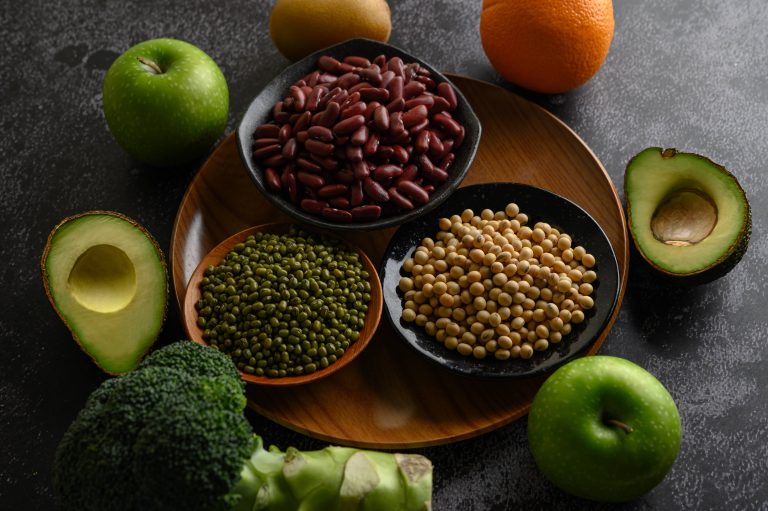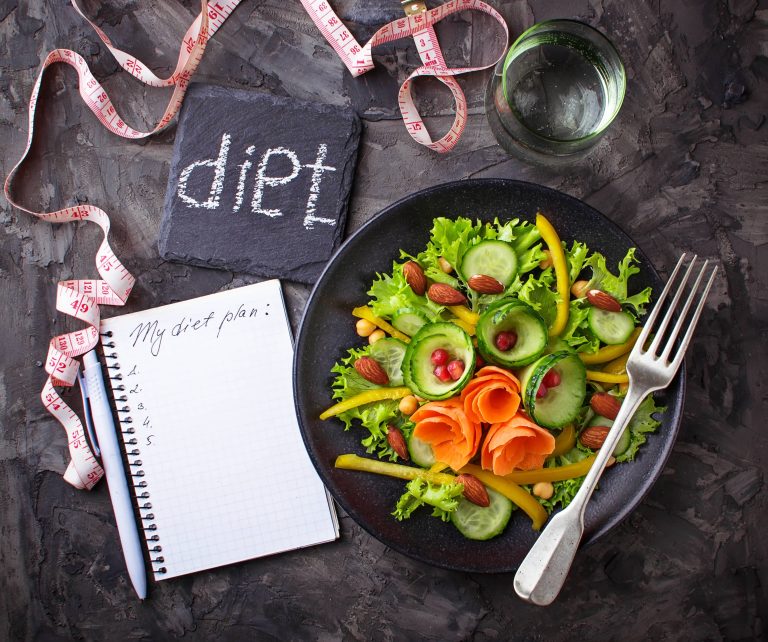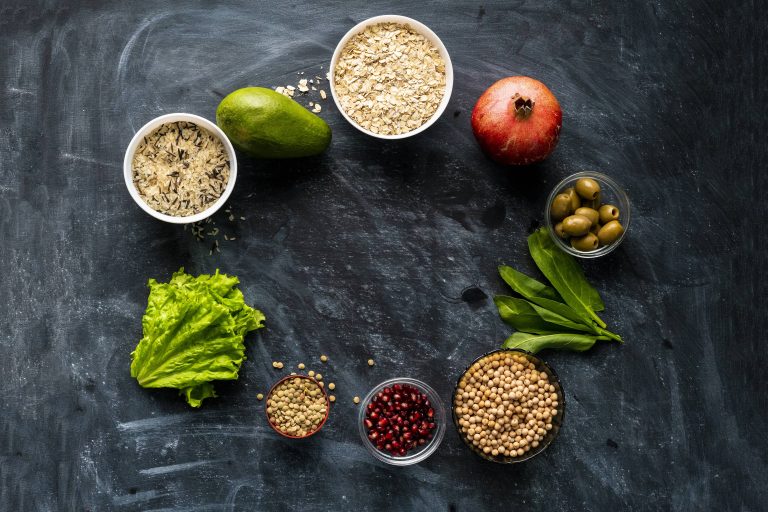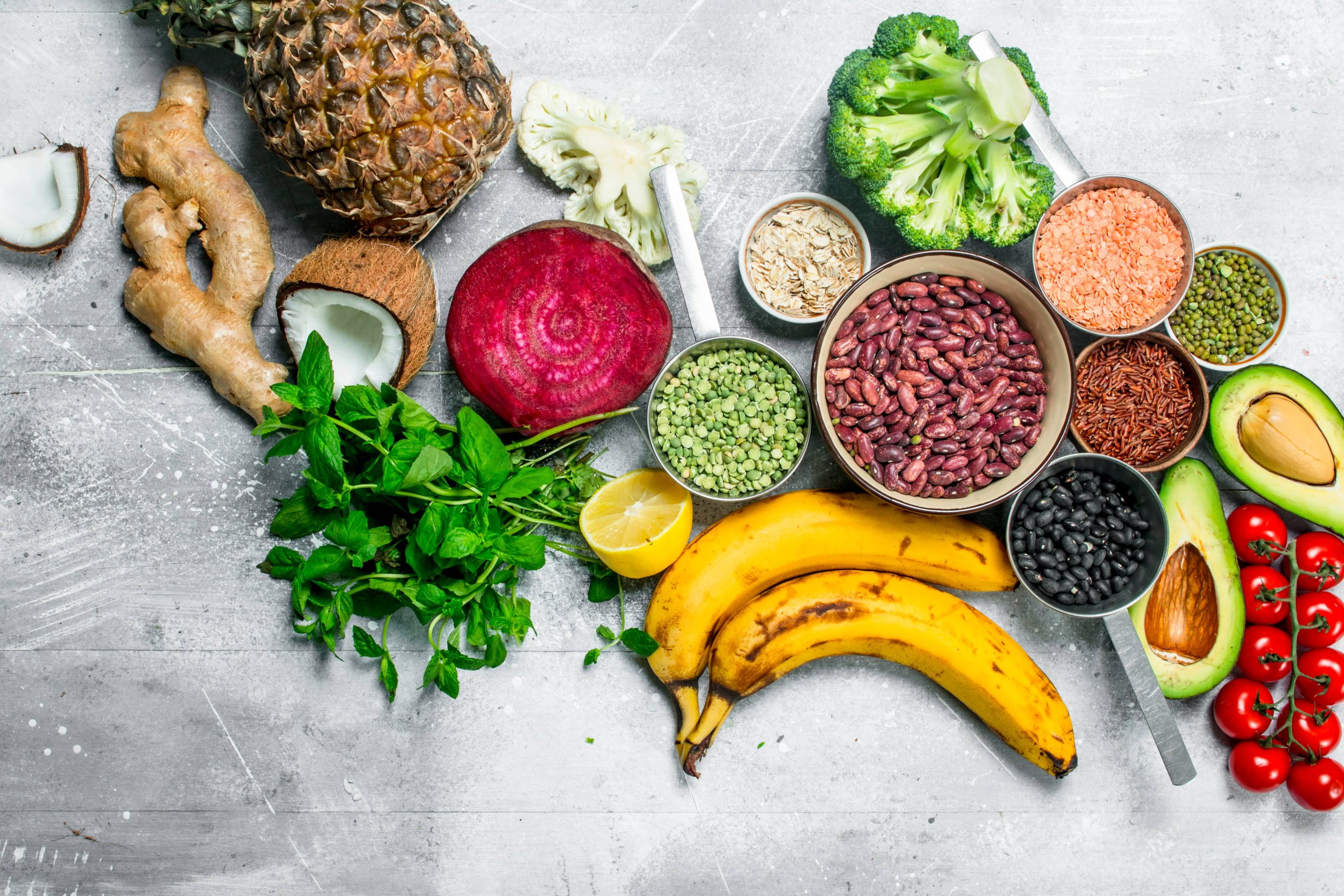
Healthy meal prep is not just a trend—it’s a lifestyle change that can lead to better health, improved energy levels, and even weight loss. For beginners, diving into meal prepping might feel overwhelming, but with a little guidance and some practical tips, you can easily streamline your process to make the experience enjoyable and rewarding. If you’re ready to transform your eating habits and save time throughout the week, keep reading to discover essential tips and tricks for healthy meal prep.
1. Start with a Plan
Before you start chopping vegetables or grilling chicken, you need a clear plan. Begin by determining how many meals you need for the week and for how many people. Assess your schedule and consider which days might require a quick grab-and-go option, and which days allow for a more leisurely meal. With a concrete plan, you can streamline your grocery shopping and reduce food waste by buying only what you need.
2. Invest in Quality Containers
Having the right containers is crucial for successful meal prep. Invest in a variety of high-quality, BPA-free containers that are microwave and dishwasher safe. Glass containers are a popular choice for their durability and the fact that they don’t absorb food odors like plastic can. Make sure you have a mix of sizes, and consider containers with compartments for portion control.
3. Batch Cooking is Your Friend
Batch cooking is one of the most effective strategies for healthy meal prep. By cooking a large quantity of a particular food, like brown rice, roasted vegetables, or lean proteins, you ensure you have a base for several meals throughout the week. Batch cooking not only saves time but also ensures you have healthy choices readily available, reducing the temptation to opt for convenience foods.
4. Leverage the Power of Your Freezer
Your freezer is one of your best allies in meal prepping. Double or even triple recipes and store extra portions in the freezer. Soups, stews, casseroles, and even pre-portioned smoothie ingredients can all be frozen for future use. Just be sure to label everything with the date and contents to avoid mystery meals later on.
5. Embrace Versatile Ingredients
Choosing versatile ingredients can maximize your meal variety and efficiency. Ingredients like quinoa, spinach, and sweet potatoes can be used in numerous dishes without getting boring. This not only saves space in your fridge but also reduces food waste. For example, spinach can be used in smoothies, salads, and stir-fries.
6. Get Creative with Seasonings and Sauces
Healthy eating doesn’t have to be bland. Elevate your meal prep by playing with herbs, spices, and homemade sauces. For instance, sprinkle cumin and chili powder on roasted vegetables for a southwestern flair, or whip up a ginger-soy sauce for an Asian-inspired dish. Making your own sauces allows you to control the ingredients and reduce unhealthy additives found in store-bought versions.
7. Perfect Your Cooking Techniques
Certain cooking techniques lend themselves better to meal prep. Roasting, grilling, steaming, and baking are efficient methods that preserve nutrients and involve less active cooking time. Utilize these techniques to prepare large quantities of food at once, and consider the use of appliances like slow cookers, pressure cookers, or air fryers to enhance your meal prep process.
8. Keep Nutritional Balance in Mind
A healthy meal should be balanced with lean protein, complex carbohydrates, and healthy fats. When planning your meals, aim for a variety of whole foods and ensure each dish is nutritionally balanced. This approach not only supports overall health but also keeps you feeling satisfied longer.
9. Schedule Prep Time Like a Meeting
Treat your meal prep time as an important appointment and schedule it into your week. Some people prefer to prep on Sunday afternoons or evenings when they have a bit more free time. Consistency is key, and having a dedicated time slot ensures that meal prep becomes a habit rather than a chore.
10. Stay Flexible and Adjust as Needed
Even with the best-laid plans, life happens. Be prepared to adapt your meal prep routine as needed. If a certain meal doesn’t work out or you have unexpected leftovers, don’t stress. Use leftovers creatively by incorporating them into new dishes or saving them for later in the week.
11. Learn from the Pros
Finally, don’t hesitate to learn from meal prep veterans. There are countless online communities, blogs, and social media pages dedicated to meal prepping tips and healthy recipes. Engaging with these resources can provide inspiration, motivation, and a sense of community to keep you on track.
Conclusion
Embarking on the journey of healthy meal prep is a rewarding endeavor that can transform your approach to food and nutrition. By planning ahead, utilizing batch cooking, leveraging versatile ingredients, and maintaining flexibility, you can simplify the process and create meals that are both delicious and nourishing. Remember to be patient and kind to yourself as you adapt to this new routine, and celebrate the strides you make along the way. Happy prepping, and here’s to a healthier you!

